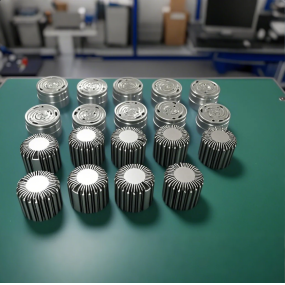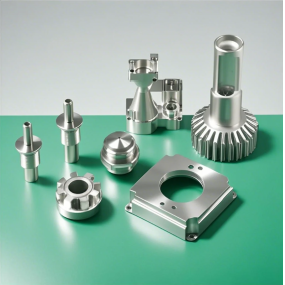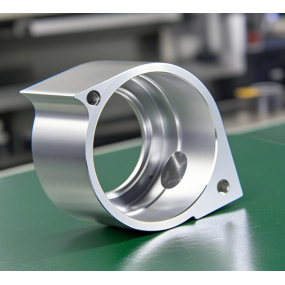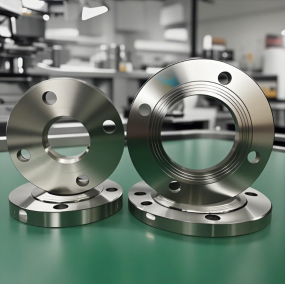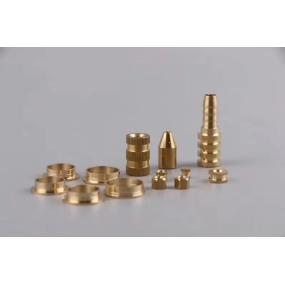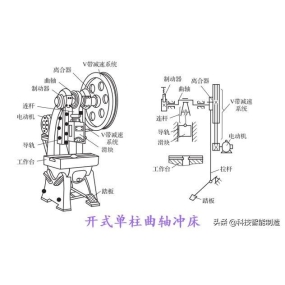Precision hardware fittings have very important requirements for hardness, which directly affect the performance, durability and reliability of the fittings. The following are some important aspects about the hardness requirements of precision hardware fittings: Wear resistance: Hardness is an important indicator to measure the wear resistance of materials. For precision hardware fittings, high hardness means better wear resistance, which can reduce the wear caused by friction, thus prolonging the service life of the fittings. 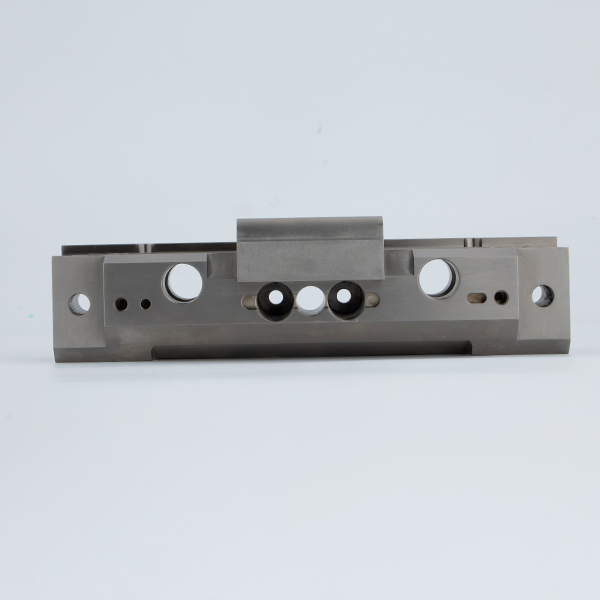 Strength and toughness: Hardness is closely related to the strength and toughness of the material. Materials with high hardness usually have higher strength and can withstand greater loads and impacts. At the same time, proper hardness can also maintain the toughness of the material and prevent fracture or deformation when subjected to impact. Machining accuracy: The manufacturing process of precision hardware fittings requires high-precision processing equipment and technology. Materials with high hardness are not easily deformed during processing and can maintain high machining accuracy and dimensional stability. Corrosion resistance and oxidation resistance: Some precision hardware accessories need to work in harsh environments, such as high humidity, high temperature or corrosive media. Materials with high hardness usually have better corrosion resistance and oxidation resistance, which can resist the erosion of these environmental factors and maintain the performance and appearance of accessories. Matching: In the assembly process of precision hardware accessories, the hardness matching between various accessories is also very important. If the hardness of a certain accessory is too high or too low, it may lead to poor cooperation with other accessories, affecting the performance and service life of the entire system.
Strength and toughness: Hardness is closely related to the strength and toughness of the material. Materials with high hardness usually have higher strength and can withstand greater loads and impacts. At the same time, proper hardness can also maintain the toughness of the material and prevent fracture or deformation when subjected to impact. Machining accuracy: The manufacturing process of precision hardware fittings requires high-precision processing equipment and technology. Materials with high hardness are not easily deformed during processing and can maintain high machining accuracy and dimensional stability. Corrosion resistance and oxidation resistance: Some precision hardware accessories need to work in harsh environments, such as high humidity, high temperature or corrosive media. Materials with high hardness usually have better corrosion resistance and oxidation resistance, which can resist the erosion of these environmental factors and maintain the performance and appearance of accessories. Matching: In the assembly process of precision hardware accessories, the hardness matching between various accessories is also very important. If the hardness of a certain accessory is too high or too low, it may lead to poor cooperation with other accessories, affecting the performance and service life of the entire system.
Hello! Welcome to EMAR's website!
 English
English » »
» »
 Spanish
Spanish Arabic
Arabic French
French Portuguese
Portuguese Belarusian
Belarusian Japanese
Japanese Russian
Russian Malay
Malay Icelandic
Icelandic Bulgarian
Bulgarian Azerbaijani
Azerbaijani Estonian
Estonian Irish
Irish Polish
Polish Persian
Persian Boolean
Boolean Danish
Danish German
German Filipino
Filipino Finnish
Finnish Korean
Korean Dutch
Dutch Galician
Galician Catalan
Catalan Czech
Czech Croatian
Croatian Latin
Latin Latvian
Latvian Romanian
Romanian Maltese
Maltese Macedonian
Macedonian Norwegian
Norwegian Swedish
Swedish Serbian
Serbian Slovak
Slovak Slovenian
Slovenian Swahili
Swahili Thai
Thai Turkish
Turkish Welsh
Welsh Urdu
Urdu Ukrainian
Ukrainian Greek
Greek Hungarian
Hungarian Italian
Italian Yiddish
Yiddish Indonesian
Indonesian Vietnamese
Vietnamese Haitian Creole
Haitian Creole Spanish Basque
Spanish Basque


